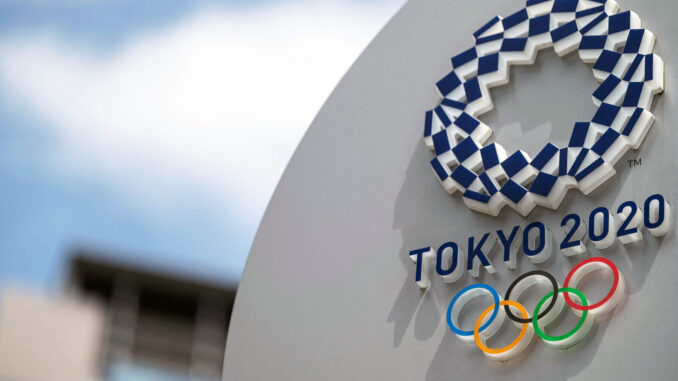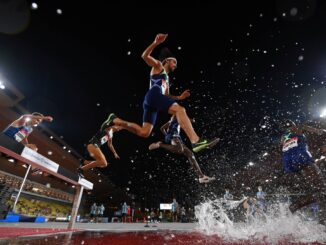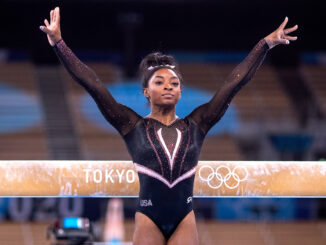
This Olympics is like no other in recent memory. Watching the games and sports be performed in front of thousands of empty seats has been an eerie experience. Fans were banned from the stands before the Olympics due to the ongoing coronavirus pandemic. With the rising anger in Japan over even proceeding with the games, one must wonder if anyone would have shown up even if they allowed fans in. From the start, these Olympics have been raising important questions.
I have an eight-year-old daughter who can pay attention and watch the games in a way she wasn’t really able to with the 2016 Olympics. Watching them unfold through the eyes of a child has been fascinating. Trying to explain why the uniforms for beach volleyball were so different for men and women (they really shouldn’t be). Why Simone Biles stepped back from competition during the games (She needed to do what was best and safest for her well-being), why some athletes were breaking down in sadness at the end of their competition (The Olympics are only every four years, and one mistake means they might not ever get the same chance again), why some were breaking down in joy (They have poured everything into preparing for this one moment for years), they were all great questions. Many of them are questions our society at large will have to confront, hopefully without the yelling and the shouting and shaming that have become all too common.
While it seems to me as I get older that the Olympics are getting more complicated and more used as a cultural battlefield than ever before, in reality, they have always been this way. The 1936 Munich games were supposed to be a showcase for Hitler; the 1920 Olympics were held in Belgium, a country that had been devastated in World War I, large portions of the world boycotted the Olympics in 1980 and 1984, and on multiple occasions, the games have been targeted for violence and peaceful demonstrations alike. Choosing to criticize Simone Biles, Megan Rapinoe because they are some new wave of “woke” athletes or are politicizing the Olympics is nonsense take given the history of the Olympics.
The Olympics have always been politicized and commercialized. They have always been about demonstrating power or the ability to make money. In 2012, I was fortunate to cover the U.S Track and Field Olympic Trials, held at Hayward Field in Eugene and Portland. The field events held in Portland were not held at a stadium but the Nike campus in Beaverton. The parts of the trails that were not covered in American flags were covered in swooshes. Swooshes everywhere. Those who give money to the games hold considerable sway in what happens. The gold medal game for women’s soccer came very close to happen at the peak heat of the Japanese summer, with incredibly high humidity. This was because NBC held the broadcast rights to the events, and holding it at that time made for maximum television exposure. Only when higher-ups took a barrage of criticism from participating athletes did they realize it may be a bad look to have an Olympic athlete collapse and die on camera. The event time was moved up to start earlier in the day.
That the games even happened at all with no crowds, in the middle of a dangerous pandemic and in a host country where around 80% of the population was against them, speaks to how much money there is to be made for the International Olympic Committee, sponsors and television rights holders.
The Olympics bring out the best of humanity and also its worst. As the flame goes out in Tokyo this weekend, the world will prepare for the 2022 Winter Olympics in Beijing, a country that perhaps best models the Olympics some would prefer to have with no voice from the local population at all and where any protests will most assuredly not be welcome. They will be followed by the 2024 summer games in Paris, a nation that is a melting pot of diversity and has a long history of protests and social change. What will those games look like? No one can tell, but they will both likely bring more questions that need to be answered. Uncomfortable questions. Hard questions. And we are all better off when those questions are asked.




